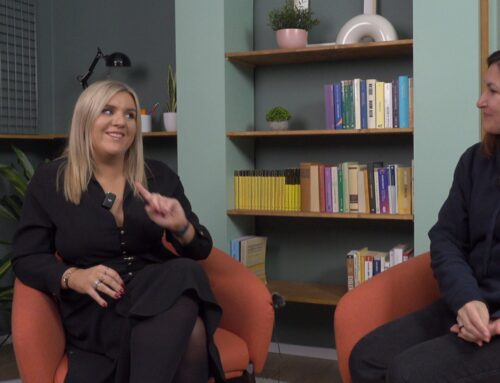Understanding the best time for GMAT simulations is key to effectively structuring your GMAT prep timeline. Knowing when and how to use these simulations can really impact how ready you are and how well you do. So, it’s a good idea to plan ahead and think strategically about it. By closely analyzing your strengths and weaknesses and carefully aligning the timing of these simulations with key milestones, you can improve your readiness and performance on the exam. So don’t be afraid to take charge of your prep journey and unlock the power of GMAT simulations to achieve your full potential!
How many GMAT mock tests are there?
The Graduate Management Admission Test (GMAT) provides six official practice tests that closely resemble the actual GMAT exam in structure, format, and difficulty level. These practice tests are the ultimate tool to evaluate your progress and readiness for the real test. By taking these official practice tests, you can confidently ascertain your preparedness for the actual GMAT exam.
Free GMAT Practice Tests
Includes 90 past exam questions and two free full-length GMAT™ practice examinations that simulate the exam structure, grow in complexity, and aid in pacing.
The GMAT Official Starter Kit includes Practice Exams 1 & 2:
- Includes two full-length adaptive practice examinations
- Utilizes the GMAT scoring algorithm.
- Designed to replicate the GMAT exam experience.
- Sets exam score baseline
- Creates custom practice sets based on question type and complexity.
- Monitor your performance and time management to assess your progress and focus your studies.
Get the most out of your GMAT practice
Access all six simulation tests by enrolling in 700+Club GMAT prep courses.
When to take GMAT practice tests?
According to GMAT verbal expert Lana Silanteva, there’s a flexible approach. While it’s not mandatory, kicking off your prep with a practice test can offer useful insights into your baseline performance. Before diving into simulations, she highlighted the importance of a solid foundation and familiarity with GMAT content.
Silanteva suggests a structured approach to maximize the effectiveness of the simulations. The 700+Club three-step process begins with covering foundational concepts, understanding question types and strategies, and practicing loads. This final “grind phase” involves solving questions by topic and difficulty level, which would give you a thorough understanding of the test’s nuances.
It would help to cement your GMAT simulation strategy into your preparation timeline. After locking in your knowledge and refining your skills, beginning practice tests is the next step.
Pro tip: Keep an error log to identify patterns and understand why mistakes occur. This analysis helps you fine-tune weaker areas and level up your test-taking strategy.
Effective GMAT practice scheduling
GMAT simulations aren’t a one-time affair. With six available practice tests, Silanteva suggests taking each practice exam at least twice. Repeating different mock tests allows for improvement by fixing errors, honing skills, and refining your approach. The processes of practice, analysis, improvement, and repetition make up the layers of a good GMAT prep strategy.
GMAT preparation timeline suggestions
When drawing up your timeline, adding the simulations should align with milestones in your prep journey. While there’s no rigid schedule, be mindful and space out these practice tests. Starting with a baseline simulation, after establishing a solid foundation and practice, sets the tone for improvement.
As you prepare, take simulations at intervals to gauge your evolving test performance. Shoot to take these practice tests closer to the actual exam date to replicate exam conditions and assess your readiness effectively.
Wrapping up the best time for GMAT simulations
To recap, the best timing for GMAT simulations involves a structured approach. Initiate practice tests after building a strong foundation, follow through with targeted practice and skill refinement, and weave in simulations strategically to monitor progress and fine-tune your prep.
Grasping the GMAT is more than just knowledge; it is also about strategic planning and adeptness in navigating the exam’s ins and outs. Adding simulations to your study plan will prepare you for the big exam.
Remember, alongside strategic planning, consider enrolling in 700+Club GMAT prep courses. Whether opting for group sessions or private tutoring, the course’s tailored approach can boost your readiness to ace the exam. By combining strategic timing with expert guidance, you’ll be better prepared to conquer the GMAT.








